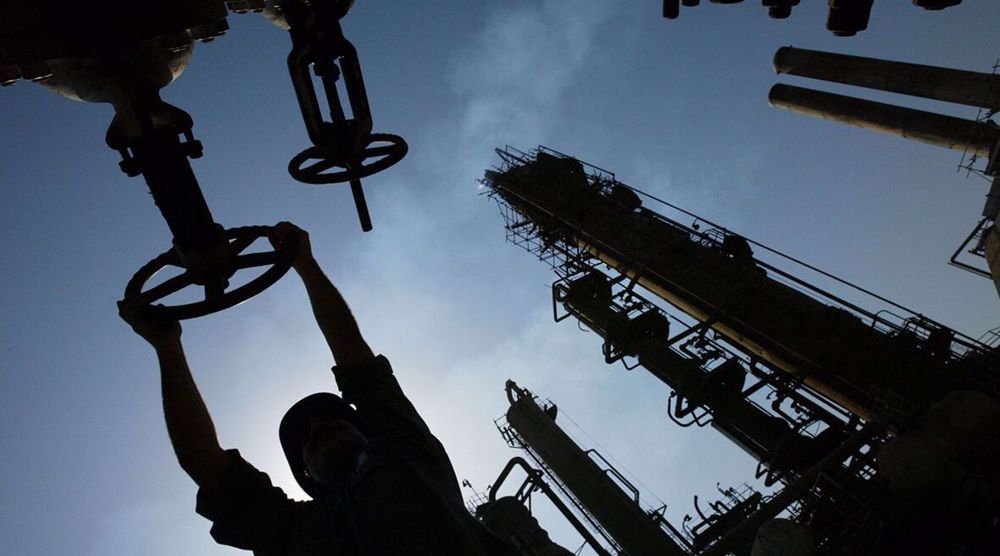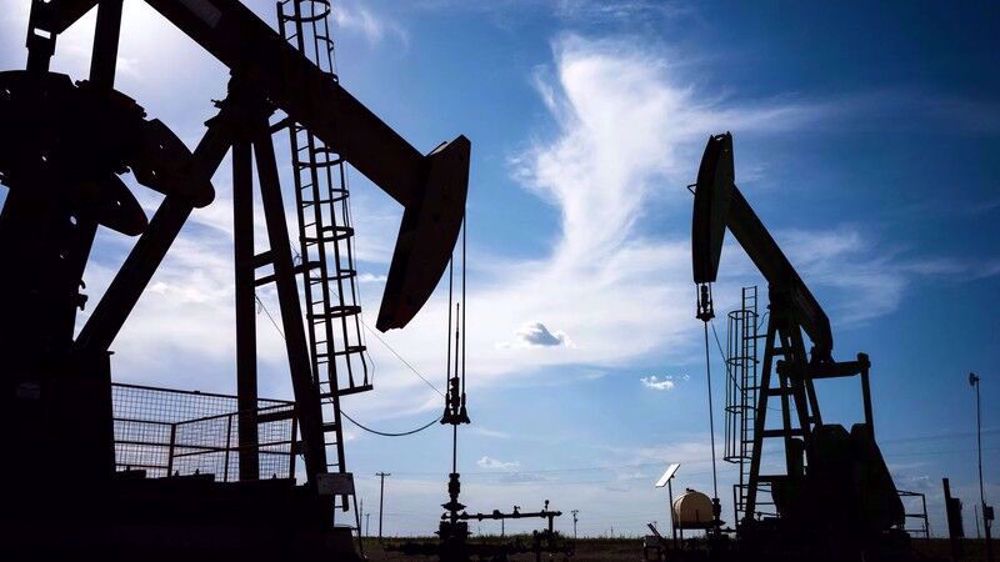OPEC, non-OPEC producers set for deal
The Organization of the Petroleum Exporting Countries (OPEC) is expected to clinch a deal with non-OPEC producers to reduce oil output.
OPEC has started a meeting with producers from outside the group in Vienna on Saturday amid hopes that non-OPEC producers will commit to slash 600,000 barrels per day as part of efforts to prop up crude prices.
Non-OPEC producers including Azerbaijan, Kazakhstan, Oman, Mexico, Russia, Sudan, South Sudan, Bahrain and Malaysia were expected to take part in the meeting.
Russia, a major non-OPEC crude producer and Saudi Arabia, OPEC’s number one crude exporter have already announced that the agreement appears increasingly likely.
"We have a deal already. We are just putting the final touches. Everything is good!" Reuters quoted Khalid al-Falih, Saudi Arabia’s Energy Minster as saying on Saturday.
Meanwhile, Russia’s Energy Minister Alexander Novak said he didn’t “see such risks (of a deal failing)."
On November 30, the Organization of the Petroleum Exporting Countries clinched a deal to cut oil output to a ceiling of 32.5 million barrels a day (bpd).
The oil cartel agreed to decrease its production by 1.2 million bpd to contain crude supply glut.
OPEC exempted key member Iran from cutting output, allowing the country to increase its crude production by 90,000 bpd to reach pre-sanction output levels of 4 million bpd.
Crude prices soared more than 12 percent after OPEC announced output cut agreement.
On Friday, Brent crude for February delivery was gained 29 cents and settled at $54.18 a barrel.
Also, US crude for January delivery rose 66 cents and reached $51.50 a barrel.
Crude prices have more than halved in the since 2014 after Saudi Arabia raised output sharply in an apparent effort to drive higher-cost producers such as U.S. shale firms out of the market.
Iran’s economy grew 2.7% y/y in Sep quarter: CBI
VIDEO | Freelancers in Gaza strive to stay online amid genocide
Mikati demands Israel's withdrawal from south Lebanon
Yemeni army strikes Israeli military sites with drones
‘Clock ticking’: UNRWA slams unjustifiable killing of children in Gaza
BP to be sued in Britain for supplying oil to Israel
VIDEO | Press TV's news headlines
Israeli strikes on north Gaza hospital ‘extremely dangerous, terrifying’: Director










 This makes it easy to access the Press TV website
This makes it easy to access the Press TV website